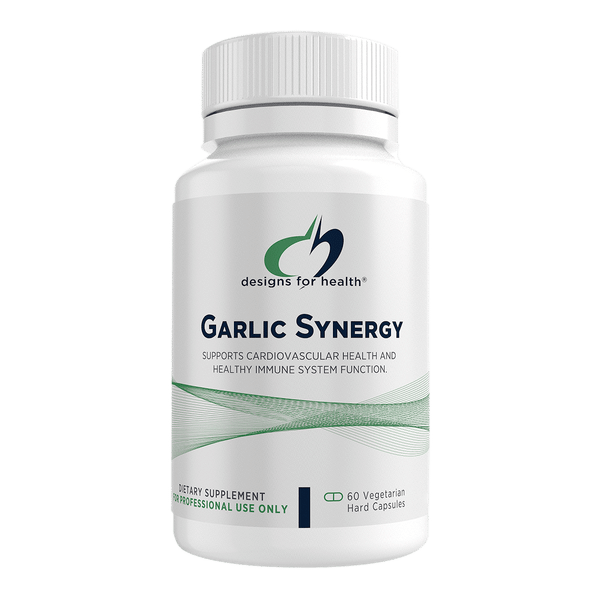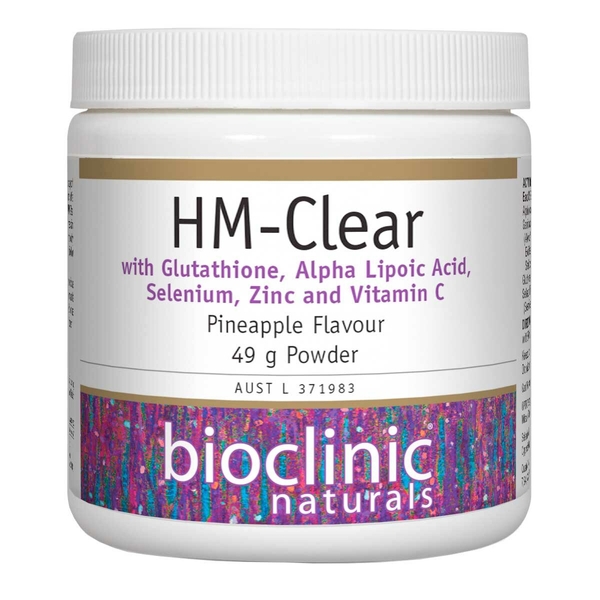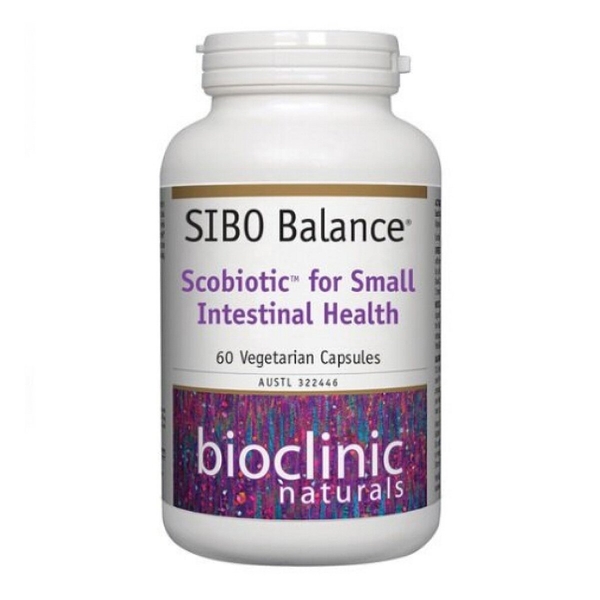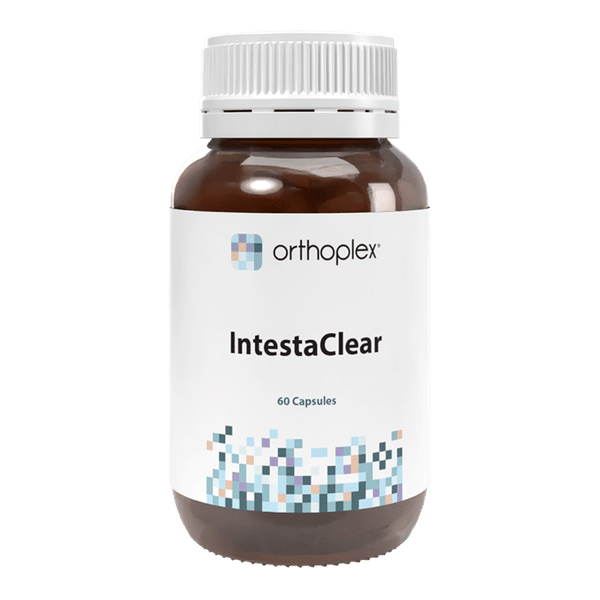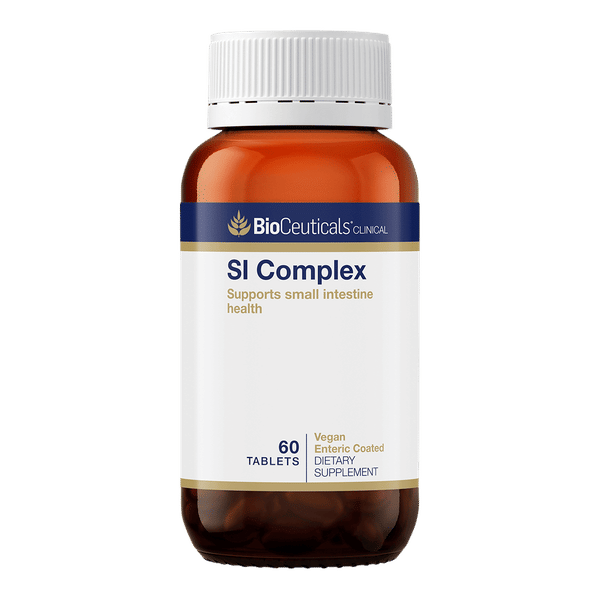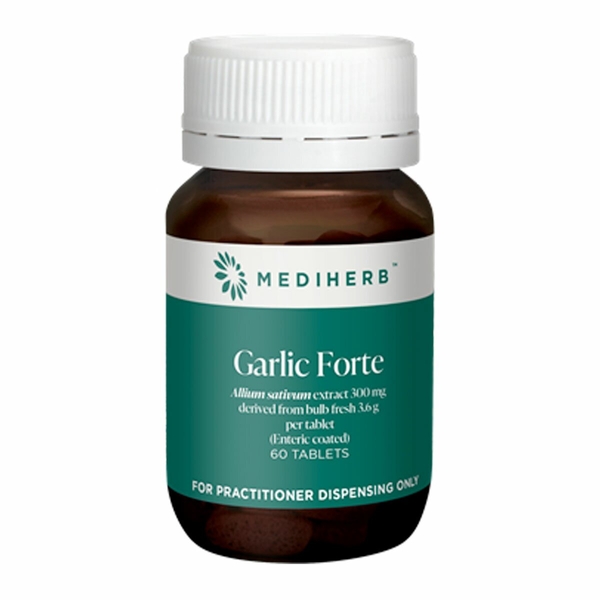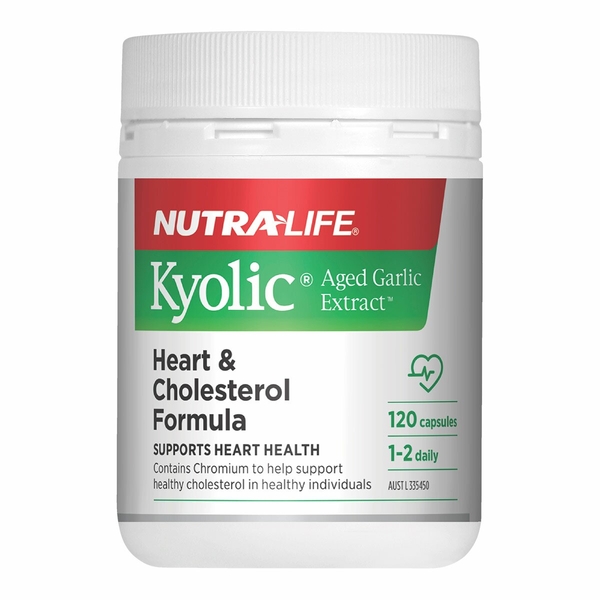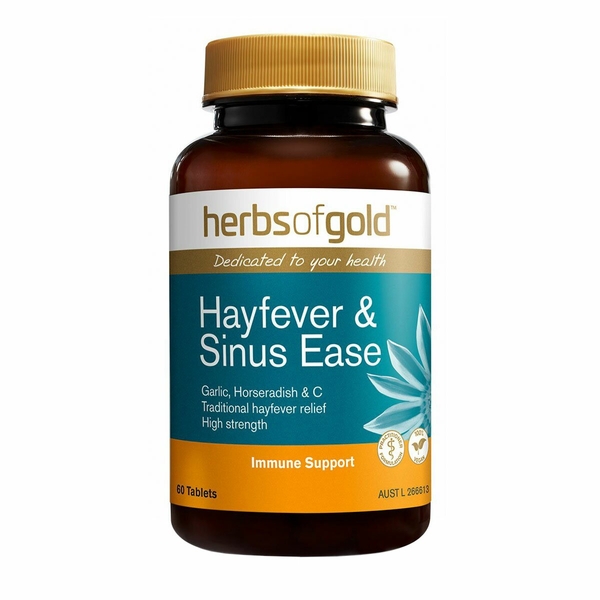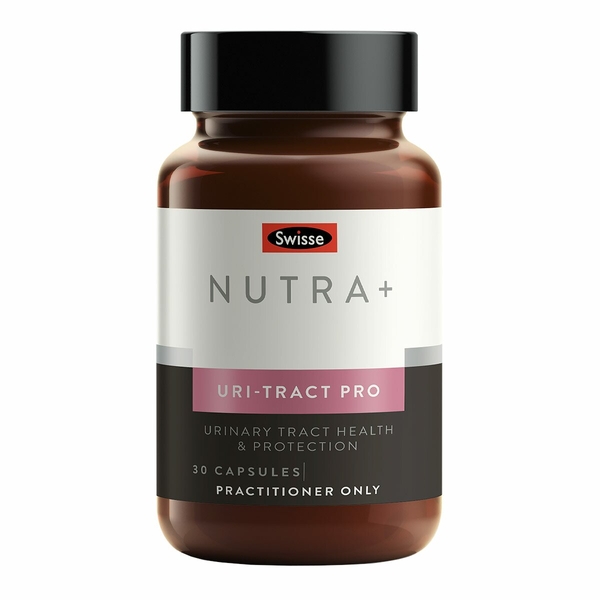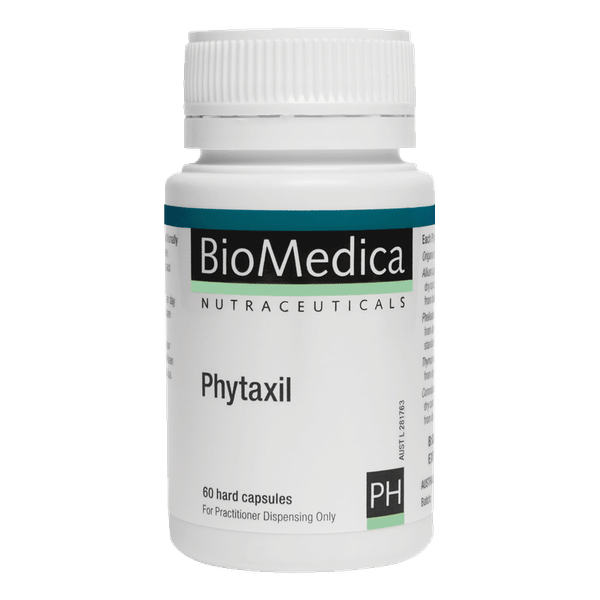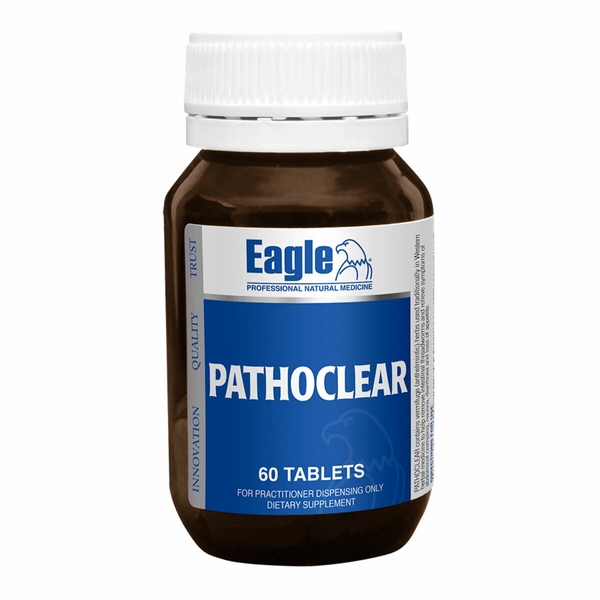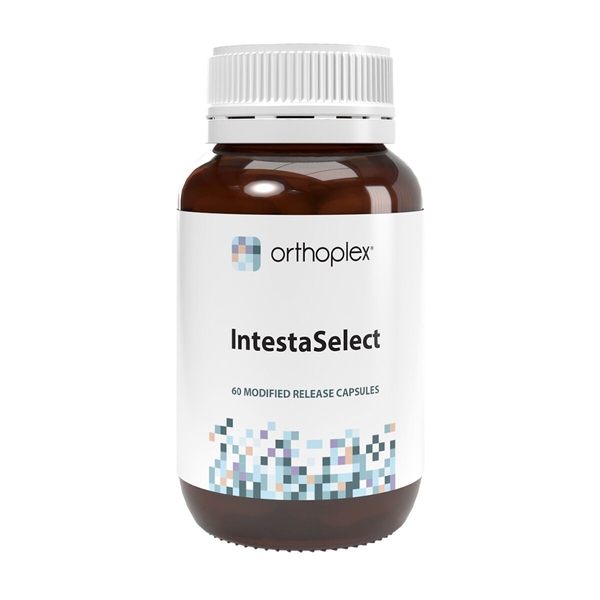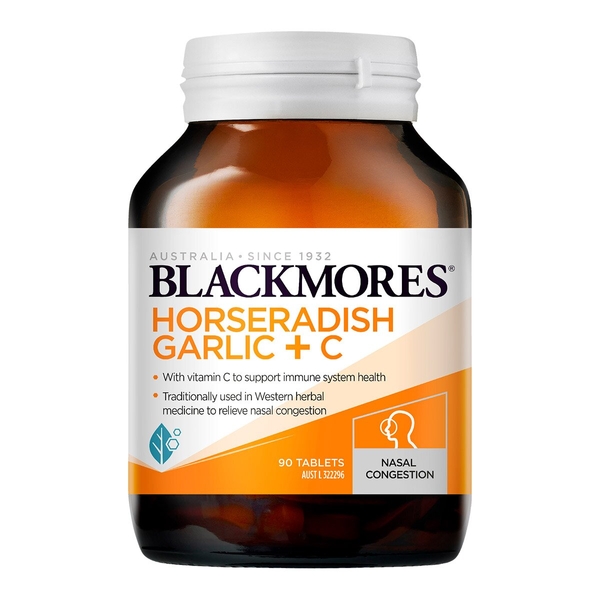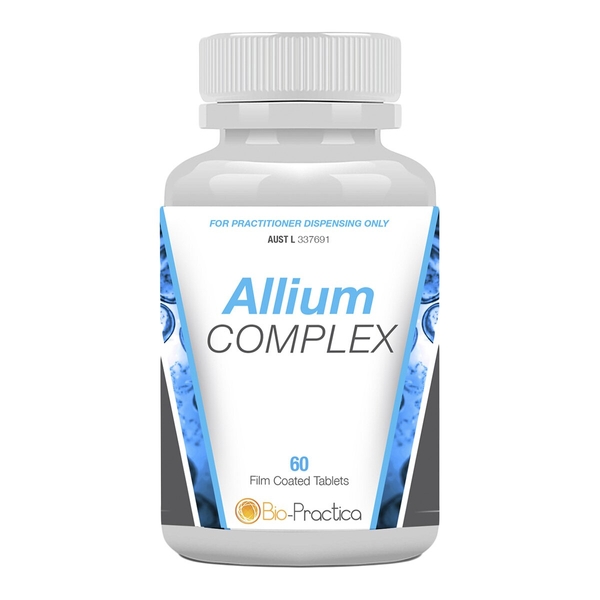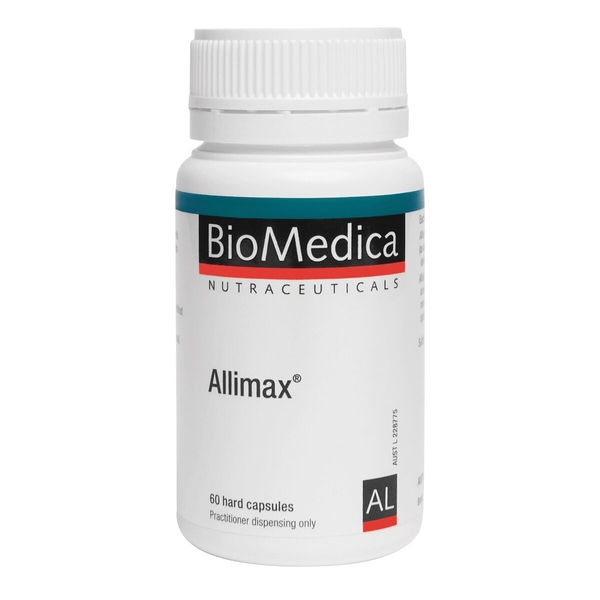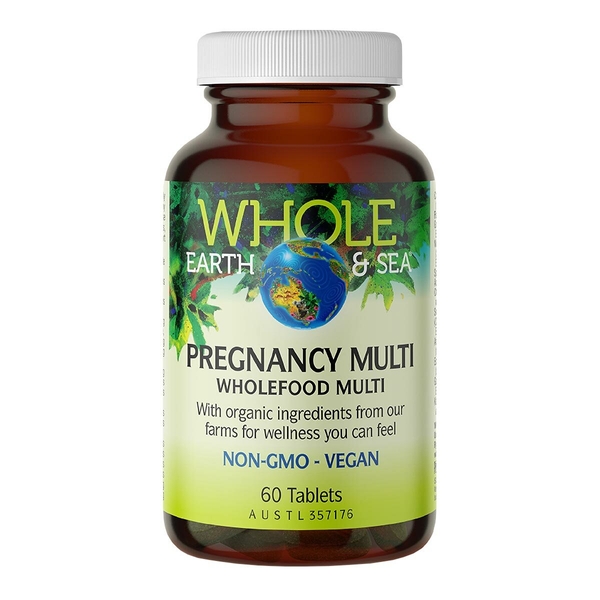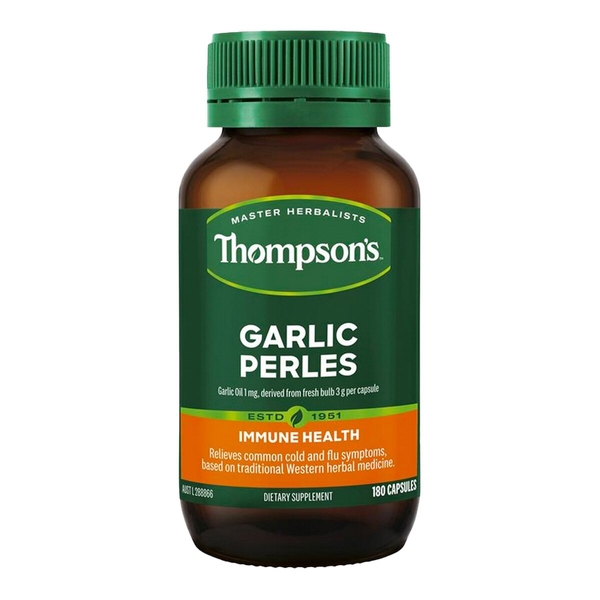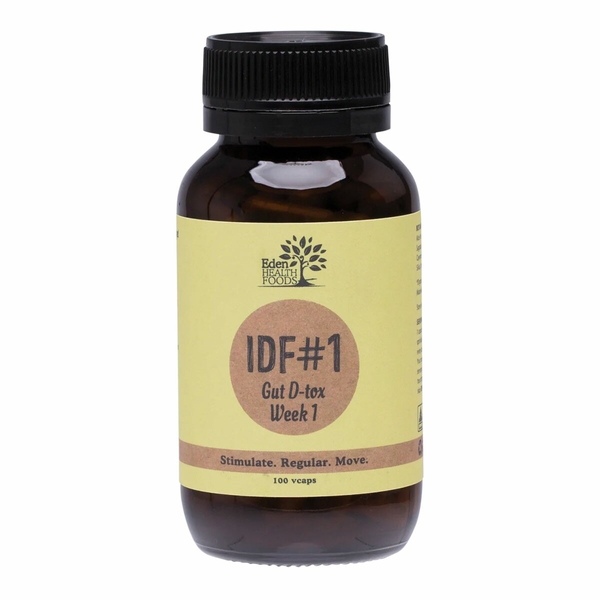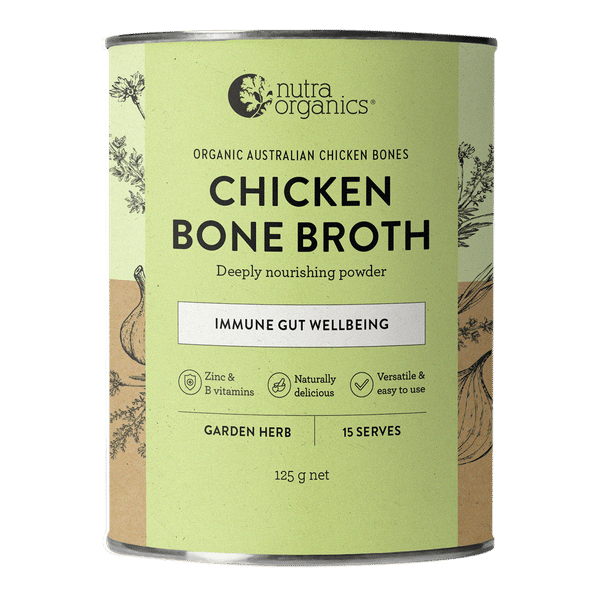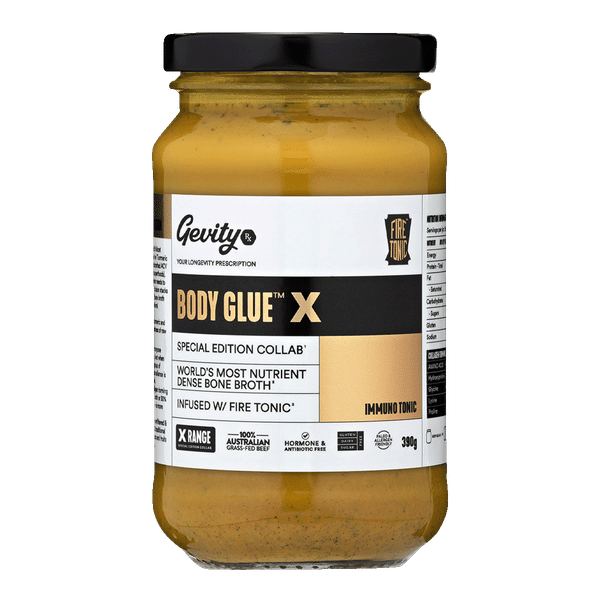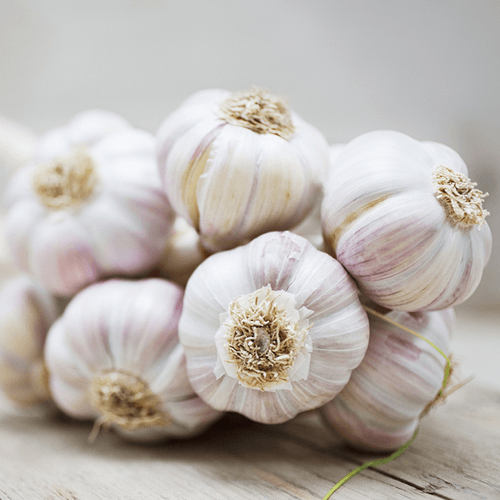
Background
Garlic produces a chemical called allicin. This is what seems to make garlic work for certain conditions. Allicin also makes garlic smell. Some products are made "odorless" by aging the garlic, but this process can also change the effects of garlic.
People commonly use garlic for high blood pressure, high levels of cholesterol or other fats in the blood, and hardening of the arteries. It is also used for the common cold, osteoarthritis, and many other conditions, but there is no good scientific evidence to support these uses. There is also no good evidence to support using garlic for COVID-19.
Safety Safety definitions
When applied to the skin: Garlic products are possibly safe. Gels, pastes, and mouthwashes containing garlic have been used for up to 3 months. But garlic might cause skin damage that is similar to a burn. RAW garlic is possibly unsafe when applied to the skin. It might cause severe skin irritation.
Special Precautions & Warnings:
Pregnancy and breast-feeding: Garlic is likely safe to take by mouth in the amounts normally found in food. Garlic is possibly unsafe when used in medicinal amounts during pregnancy and when breast-feeding. There isn't enough reliable information about the safety of applying garlic to the skin if you are pregnant or breast feeding. Stay on the safe side and avoid use.Children: Garlic is possibly safe when taken by children in doses of up to 300 mg three times daily for up to 8 weeks. There isn't enough reliable information to know if garlic is safe when used in larger doses or for longer than 8 weeks. It is possibly unsafe to apply raw garlic to the skin. It might burn the skin.
Bleeding disorder: Garlic, especially fresh garlic, might increase the risk of bleeding.
Surgery: Garlic might prolong bleeding and interfere with blood pressure. Garlic might also lower blood sugar levels. Stop taking garlic at least two weeks before a scheduled surgery.
Effectiveness
- A painful uterine disorder (endometriosis). Taking garlic powder tablets by mouth daily for 3 months seems to improve pain in people with this condition.
- Hardening of the arteries (atherosclerosis). Taking garlic powder by mouth, alone or with other ingredients, seems to help slow hardening of the arteries.
- Diabetes. Taking garlic powder by mouth seems to reduce pre-meal blood sugar levels by a small amount in people with or without diabetes. It seems to work best if it is taken for at least 3 months. It's unclear if garlic reduces post-meal blood sugar levels or HbA1c levels.
- High levels of cholesterol or other fats (lipids) in the blood (hyperlipidemia). Taking garlic by mouth daily for at least 8 weeks might reduce total cholesterol and low-density lipoprotein (LDL, "bad" cholesterol), and increase high-density lipoprotein (HDL, "good" cholesterol) in people with high cholesterol levels. But any benefit is probably small.
- High blood pressure. Taking garlic by mouth seems to reduce systolic blood pressure (the top number) by about 7-9 mmHg and diastolic blood pressure (the bottom number) by about 4-6 mmHg in people with high blood pressure.
- Build up of fat in the liver in people who drink little or no alcohol (nonalcoholic fatty liver disease or NAFLD). Taking garlic powder by mouth seems to help to improve liver health in people with NAFLD. People who eat more garlic also seem to be less likely to be diagnosed with NAFLD.
- A serious gum infection (periodontitis). Taking aged garlic extract by mouth twice daily for 18 months can help improve gum health in people who have mild or moderate periodontitis.
- Stomach cancer. People who eat more garlic or take garlic supplements by mouth don't seem to have a lower chance of developing stomach cancer.
- A digestive tract infection that can lead to ulcers (Helicobacter pylori or H. pylori). Taking garlic by mouth does not seem to help treat H. pylori infections.
Dosing & administration
Interactions with pharmaceuticals
Atazanavir (Reyataz)
Interaction Rating=Moderate Be cautious with this combination.
Garlic might reduce how much atazanavir the body absorbs. This might decrease how well atazanavir works.
Isoniazid
Interaction Rating=Moderate Be cautious with this combination.
Garlic might reduce how much isoniazid the body absorbs. This might decrease how well isoniazid works.
Medications changed by the liver (Cytochrome P450 2E1 (CYP2E1) substrates)
Interaction Rating=Moderate Be cautious with this combination.
Some medications are changed and broken down by the liver. Garlic might change how quickly the liver breaks down these medications. This could change the effects and side effects of these medications.
Medications changed by the liver (Cytochrome P450 3A4 (CYP3A4) substrates)
Interaction Rating=Moderate Be cautious with this combination.
Some medications are changed and broken down by the liver. Garlic might change how quickly the liver breaks down these medications. This could change the effects and side effects of these medications.
Medications for HIV/AIDS (Protease inhibitors)
Interaction Rating=Moderate Be cautious with this combination.
Taking garlic might decrease the amount of HIV/AIDS medication the body can absorb. This could decrease the effects of some medications used for HIV/AIDS.
Medications for diabetes (Antidiabetes drugs)
Interaction Rating=Moderate Be cautious with this combination.
Garlic might lower blood sugar levels. Taking garlic along with diabetes medications might cause blood sugar to drop too low. Monitor your blood sugar closely.
Medications for high blood pressure (Antihypertensive drugs)
Interaction Rating=Moderate Be cautious with this combination.
Garlic might lower blood pressure. Taking garlic along with medications that lower blood pressure might cause blood pressure to go too low. Monitor your blood pressure closely.
Medications that slow blood clotting (Anticoagulant / Antiplatelet drugs)
Interaction Rating=Moderate Be cautious with this combination.
Garlic might slow blood clotting. Taking garlic along with medications that also slow blood clotting might increase the risk of bruising and bleeding.
Saquinavir (Fortovase, Invirase)
Interaction Rating=Moderate Be cautious with this combination.
Saquinavir is a medication taken for HIV. Garlic might decrease how much saquinavir goes into the blood. This might decrease the effects of saquinavir.
Sofosbuvir (Sovaldi)
Interaction Rating=Moderate Be cautious with this combination.
Garlic might increase how quickly the body gets rid of sofosbuvir. This might decrease the effects of sofosbuvir.
Tacrolimus (Prograf)
Interaction Rating=Moderate Be cautious with this combination.
Garlic might decrease how quickly the liver breaks down tacrolimus. Taking garlic with tacrolimus might increase the effects and side effects of tacrolimus.
Warfarin (Coumadin)
Interaction Rating=Moderate Be cautious with this combination.
Warfarin is used to slow blood clotting. Garlic might increase the effects of warfarin. Taking garlic along with warfarin might increase the chances of bruising and bleeding. Be sure to have your blood checked regularly. The dose of your warfarin might need to be changed.
Interactions with herbs & supplements
Herbs and supplements that might lower blood sugar: Garlic might lower blood sugar. Taking it with other supplements with similar effects might lower blood sugar too much. Examples of supplements with this effect include aloe, bitter melon, cassia cinnamon, chromium, and prickly pear cactus.
Herbs and supplements that might slow blood clotting: Garlic might slow blood clotting and increase the risk of bleeding. Taking it with other supplements with similar effects might increase the risk of bleeding in some people. Examples of supplements with this effect include ginger, ginkgo, nattokinase, and Panax ginseng.
Interactions with foods
Products
View all products- Allium sativum (Garlic) ext. 400 mg equiv. allicin 2.4 mg
- Glutathione 250 mg
- Yeast 116.65 mg equiv. selenium 140 µg
- Alpha lipoic acid 400 mg
- Ascorbic acid (Vitamin C) 1 g
- Levomefolate glucosamine (Activated folate) 712 µg equiv. levomefolic acid 400 µg
- Zinc citrate dihydrate 62.60 mg equiv. zinc 20 mg
- Manganese sulphate monohydrate 2.46 mg equiv. manganese 800 µg
- Allium sativum (Garlic) powder 100 mg equiv. allicin 900 µg
- Lipase 1200 LipU
- Iberis amara ext. 50 mg
- Lactobacillus brevis 1 billion CFU
- Lactobacillus fermentum 1 billion CFU
- Lactobacillus helveticus 1 billion CFU
- Lactobacillus bulgaricus 2 billion CFU
- Lactobacillus paracasei 1 billion CFU
- Lactobacillus reuteri 1 billion CFU
- Lactobacillus rhamnosus 1 billion CFU
- Lactobacillus salivarius 1 billion CFU
- Streptococcus thermophilus 1 billion CFU
- Wolfiporia extensa ext. 125 mg
- Arthrospira platensis (Spirulina) 50 mg
- Allium sativum (Garlic) ext. 2.5 mg
- Calcium ascorbate dihydrate (Vitamin C) 11.08 mg equiv. ascorbic acid 10 mg equiv. calcium 1.2 mg
- Magnesium ascorbate (Vitamin C) 10.83 mg equiv. ascorbic acid 7.74 mg equiv. magnesium 1.083 mg
- Phyllanthus emblica ext. 9.52 mg
- Cholecalciferol 12.5 μg equiv. vitamin D3 500 IU
- d-alpha-Tocopheryl acid succinate 5 mg
- Levomefolate glucosamine (Activated folate) 345.54 μg equiv. levomefolic acid 200 μg
- Co-methylcobalamin (Vitamin B12) 100 μg
- Zinc citrate dihydrate 15.65 mg equiv. zinc 5 mg
- Beta-carotene carotenoids (Vitamin A) 2 mg
- Menaquinone 7 (Vitamin K2) 20 μg
- Thiamine hydrochloride (Vitamin B1) 1.59 mg equiv. thiamine 1.25 mg
- Riboflavin 5-phosphate sodium (Activated B2) 850 μg equiv. riboflavin 625 μg
- Nicotinamide (Vitamin B3) 6.25 mg
- Calcium pantothenate (Vitamin B5) 2.73 mg equiv. pantothenic acid 2.5 mg
- Pyridoxal 5-phosphate monohydrate (P5P) 1.01 mg equiv. pyridoxine 625 μg
- Calcified lithothamnion (Red algae) 154.55 mg equiv. calcium 48.8 mg equiv. magnesium 3.58 mg
- Ferric pyrophosphate 40.03 mg equiv. iron 12 mg
- Chromium picolinate 201.13 μg equiv. chromium 25 μg
- Cupric sulfate 982.3 μg equiv. copper 250 μg
- Ascophyllum nodosum 18.75 mg
- Manganese gluconate 5.48 mg equiv. manganese 625 μg
- Selenomethionine 62.09 μg equiv. selenium 25 μg
- Borax 1.5 mg equiv. boron 175 μg
- Lutein 250 μg
- Lycopene 250 μg
- Choline bitartrate 15.19 mg equiv. choline 6.25 mg
- Inositol 12.5 mg
- Vaccinium macrocarpon powder 5 mg
- Camellia sinensis ext. 2.5 mg
- Schizandra chinensis ext. 2.5 mg
- Euterpe oleracea (berry) ext. (Acai) 2.5 mg
- Chlorella vulgaris powder 2.5 mg
- Cynara scolymus powder 2.5 mg
- Echinacea purpurea powder 2.5 mg
- Brassica oleracea var. acephala (leaf) powder (Kale) 2.5 mg
- Punica granatum ext. 2.5 mg
- Lycopersicon esculentum powder 2.5 mg
- Hordeum vulgare (leaf) powder (Barley) 2.5 mg
- Vitis vinifera ext. 21.5 mg
- Citrus sinensis ext. 2.5 mg
- Magnesium aspartate 151.69 mg equiv. magnesium 30.34 mg
- Magnesium citrate 92.59 mg equiv. magnesium 15 mg
- Vitis vinifera ext. 2 mg
- Vaccinium macrocarpon powder 250 μg
- Vaccinium myrtillus powder 250 μg
- Fragaria ananassa (Strawberry) 250 μg
- Rubus idaeus powder 250 μg
- Punica granatum powder 250 μg
- Arthrospira platensis (Spirulina) 2.5 mg
- Allium sativum (Garlic) powder
- Chicken, bones
- Chicken, roasted
- Allium schoenoprasum dry
- Apple cider vinegar
- Pink Himalayan crystal salt
- Rosmarinus officinalis ext.
- Nutritional yeast flakes (Dried yeast)
- Allium cepa powder
- Piper nigrum (seed) oil
- Tapioca
- Allium sativum (Garlic)
- Beef bones
- Sea salt
- Curcuma longa
- Piper nigrum
- Chilli powder
- Honey
- Apple cider vinegar
- Armoracia rusticana
- Zingiber officinale
- Daucus carota powder (Carrot)
- Apium graveolens
- Allium cepa
- Malus (Apple)
- Orange
- Citrus limon (Lemon)
- Brassica juncea
- Petroselinum crispum
- Rosmarinus officinalis
- Thymus vulgaris
- Juniperus communis (berry)
- Bay leaf
- Szechuan pepper
- Backhousia citriodora
- Pink Himalayan crystal salt
- Origanum vulgare (Oregano)

